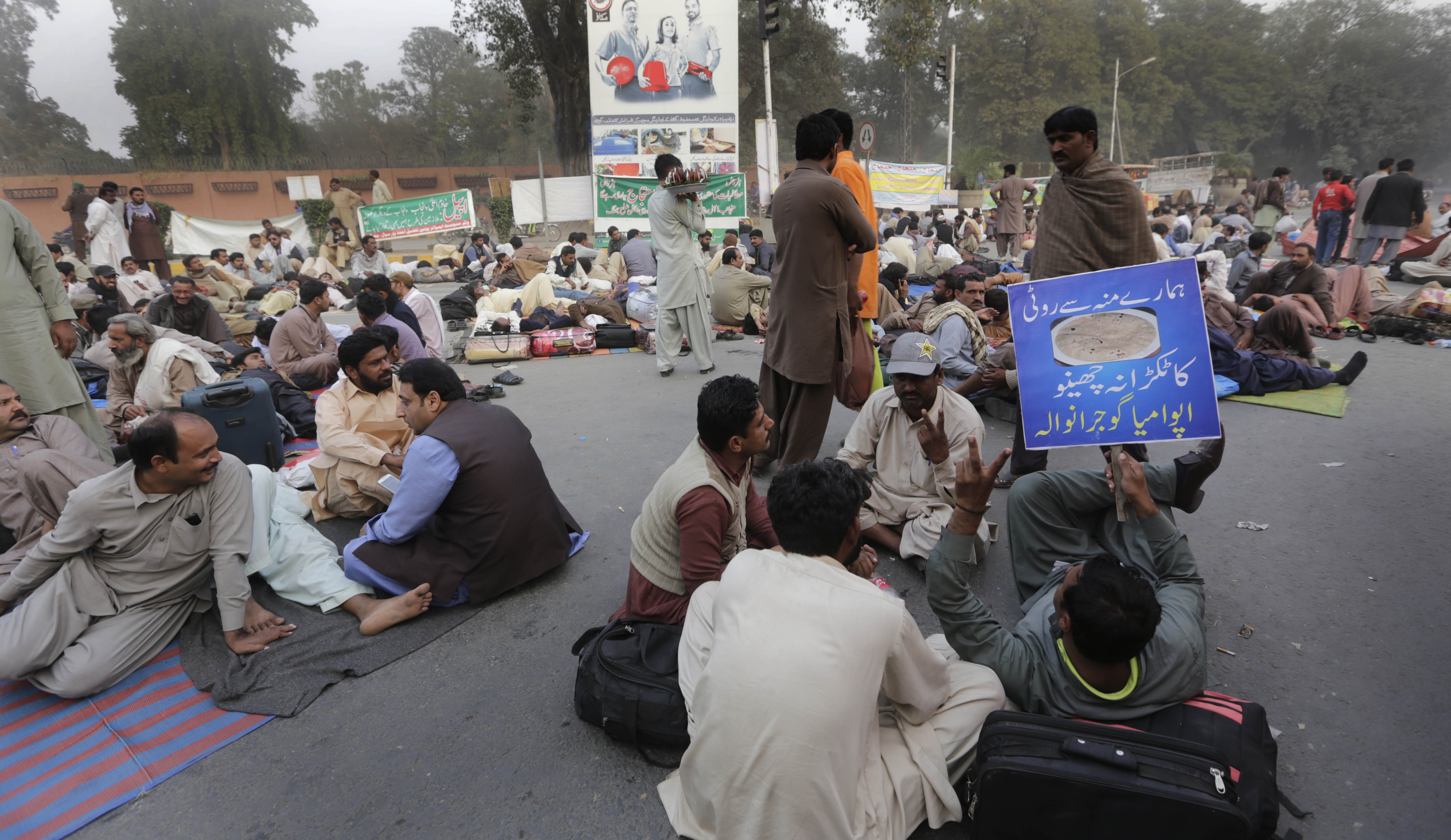
Sitting in my car waiting for traffic to start moving again, I’d see many things float by in the rainwater: the CM’s promises of free-flowing traffic, trash and my youth

Things didn’t appear chaotic in June this year, when I first moved to Lahore and began navigating through the city’s famed signal-free roads and highways.
Perhaps, it was the extreme heat that kept people off the roads or maybe it was just my own moving-to-a-new-city idealism and excitement that didn’t let me see Lahori traffic as the monster that it is.
As August rolled in and brought along the Monsoon, many proud Lahoris exclaimed, "Look! Isn’t the weather just lovely? The heat is over and now everything will be clean and washed."
"Flooded" and "drenched" would have been better adjectives. Rainstorms came, accompanied by massive traffic jams. The roads of Lahore are so vulnerable that the breakdown and consequent immobility of a single car because of the rain, often led to an hour of traffic gridlock.
Sitting in my car waiting for traffic to start moving again, I’d see many things float by in the rainwater: the CM’s promises of free-flowing traffic, assorted trash and my youth.
After an especially terrible storm when Davis Road was so inundated with water that many of my co-workers and I had to wade to work, I was told by Lahoris: "The monsoon is over and from now on you shall get past the Mall Road and to work super-fast and hassle free."
This was nothing but propaganda to support Lahore.
The combination of bearable weather conditions and awful government policies on how to deal with the state’s vulnerable communities -- farmers, doctors, transgender people, teachers, students, among others -- led to many a dharna outside the Governor’s House or Lahore Press Club, invariably causing traffic to choke.
The protests posed a moral quandary. On the one hand, I solemnly believe in the power of non-violent protest as a means to an end and I want the state to take action in favour of the aforementioned communities. But on the other hand, from the prospective of a commuter, should it really be taking me approximately three hours to cover a distance of 10 kilometres to reach my office, from where I can report on the same protests?
This is not to imply that protesters are the cause behind traffic congestion: the fact that the government rarely ever invites the protesters for a productive discussion on how to improve their security, status or working conditions rarely leaves them with any other option than to block roads.
Moreover, instead of trying to improve the flow of traffic, it almost seems that those in charge try to worsen conditions when there are ongoing protests. One is almost forced to deliberate the conspiracy theory that powerbrokers block off more roads than they should so that ordinary citizens harbour resentment instead of empathy for the protestors.
I have no doubts about the ability and competence of Lahore’s traffic policemen and those in charge of controlling and directing traffic. This was proven during Tayyip Erdogan’s recent visit to the Lahore Fort. The entire time that Erdogan, his entourage, and his local counterpart enjoyed Chicken Tikkas at the Fort, not a single leaf on the Mall moved without permission from traffic authorities. From 3pm to 10:30pm, the road from the Fort to the Mall and all the way to the old airport was held hostage for the Turkish convoy’s eventual journey to the airport. Cars and motorbikes aside, even the pedestrians had to fight tooth and nail to be allowed to cross the Mall.
Viewing Lahore from a height the day Erdogan came was very insightful. The Mall appeared clean, clear, and silent. All roads leading from and to it, however, were experiencing utter chaos: horns blaring, cars backfiring, people screaming and shouting. It was as if those in power couldn’t see what was happening on the peripheries. Anything not in their direct line of vision didn’t exist.
"Don’t be so upset, how often will Erdogan come to visit? Just watch, protests, foreign dignitary visits and thunderstorms are all over. From now on you will whizz by the Mall" is the latest encouragement I have been offered.
At least they are loyal to their city? What do I know? Maybe they are right? After all, there are some days, even weeks, when no major natural or political event upsets Lahore. For those days we have broken traffic signals, car accidents, and of course, VVIP convoys for whom even the rain clouds would probably make exceptions.